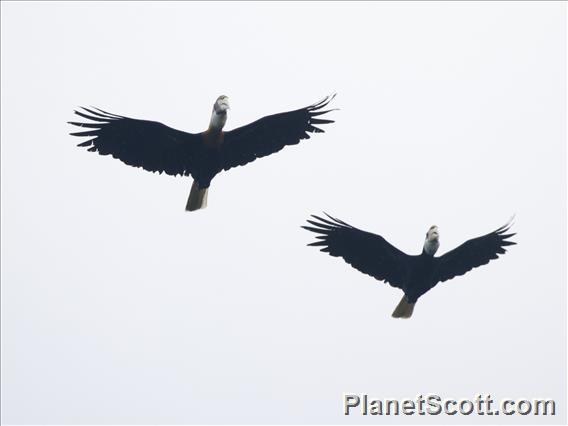Blyth's Hornbill (Rhyticeros plicatus)

Blyth's Hornbill (Rhyticeros plicatus)
×


Blyth's Hornbill (Rhyticeros plicatus)
About Blyth's Hornbill (Rhyticeros plicatus)
- Kingdom: Animals
- Phylum: Chordates
- Class: Birds
- Order: Bucerotiformes
- Family: Hornbills
Blyth's hornbill, also known as the Papuan hornbill, is a large hornbill inhabiting the forest canopy in Wallacea and Melanesia. Its local name in Tok Pisin is kokomo.
Source: Wikipedia
Visits
-
2016-03-08
Weda, Indonesia× -
×
-
×
-
×
-
×
-
×
-
×
-
×
-
×
-
×
-
×
-
×
-
×








